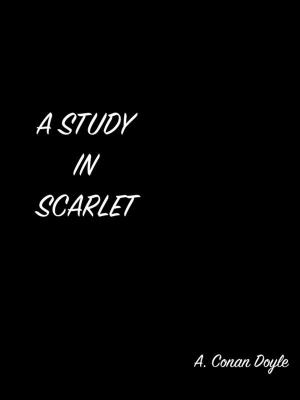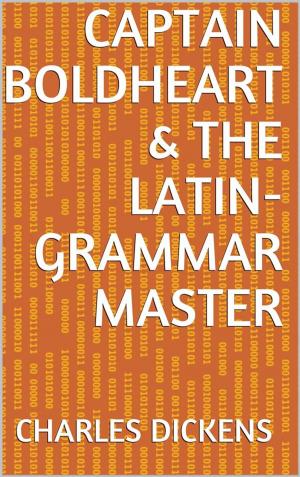| Author: | Charles Dickens | ISBN: | 9788832526134 |
| Publisher: | arslan | Publication: | February 25, 2019 |
| Imprint: | Language: | English |
| Author: | Charles Dickens |
| ISBN: | 9788832526134 |
| Publisher: | arslan |
| Publication: | February 25, 2019 |
| Imprint: | |
| Language: | English |
Doctor Marigold is a novella by the famous Victorian novelist Charles Dickens that tells the story of a “Cheap-Jack” who sells inexpensive articles to the poor in popular fairs. After losing both his daughter and wife, he decides to adopt a deaf and mute girl and names her Sophy after his dead daughter. Throughout the two chapters of the book, Dickens portrays the activities of salesmen in the markets and gives samples of the captivating jingles and patters that they sing. Doctor Marigold, who seems to share with Dickens his linguistic passions, invents a system of sign language for his adopted daughter and teaches her to read and communicate. Dickens’ novella also represents an examination of critical social issues which were much debated in Victorian England, namely adoption and the place of the disabled in the public eye. The latter issue becomes even more complicated when people with a natural handicap decide to marry and run the risk of passing on the handicap to their children. In the narrative, when Sophy marries, Marigold is greatly saddened for her departure. She later sends him a letter to tell him that she is worried that her expected child would be deaf. All culminates in a happy ending, however, when Sophy comes back home and Doctor Marigold assures her that his granddaughter is perfectly healthy.
Doctor Marigold is a novella by the famous Victorian novelist Charles Dickens that tells the story of a “Cheap-Jack” who sells inexpensive articles to the poor in popular fairs. After losing both his daughter and wife, he decides to adopt a deaf and mute girl and names her Sophy after his dead daughter. Throughout the two chapters of the book, Dickens portrays the activities of salesmen in the markets and gives samples of the captivating jingles and patters that they sing. Doctor Marigold, who seems to share with Dickens his linguistic passions, invents a system of sign language for his adopted daughter and teaches her to read and communicate. Dickens’ novella also represents an examination of critical social issues which were much debated in Victorian England, namely adoption and the place of the disabled in the public eye. The latter issue becomes even more complicated when people with a natural handicap decide to marry and run the risk of passing on the handicap to their children. In the narrative, when Sophy marries, Marigold is greatly saddened for her departure. She later sends him a letter to tell him that she is worried that her expected child would be deaf. All culminates in a happy ending, however, when Sophy comes back home and Doctor Marigold assures her that his granddaughter is perfectly healthy.















